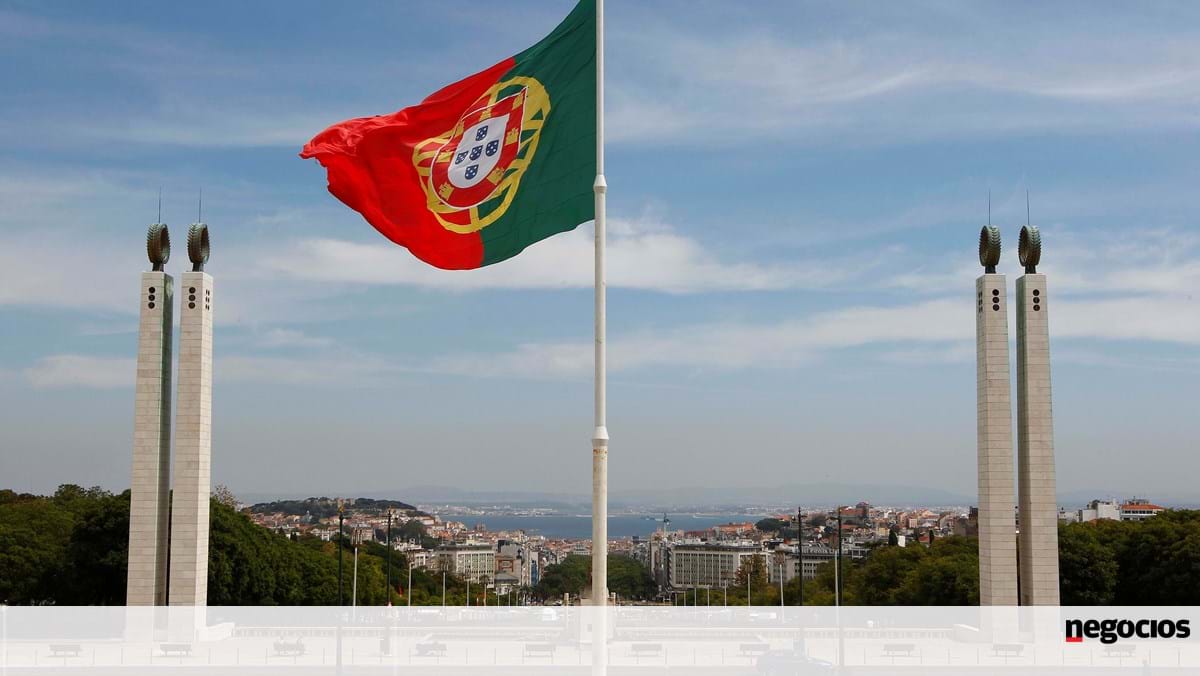Global wealth is experiencing its biggest decline since the 2008 crisis. Households in Portugal are against it
With net financial assets per capita reaching 29,450 euros, Portugal last year ranked 25th in the “ranking” of the richest countries – a lower position than in 2021. Assets grew, but so did debts, contrary to the global trend.
Global wealth sank in 2022, a negative year for almost every asset class in financial markets. Global household financial assets recorded the largest decline since the global financial crisis (-2.7%). But Portugal bucked this trend, recording total wealth growth of 1.9%.
Liabilities increased at a faster rate than assets, causing net worth to rise by just 0.4%, according to Allianz’s latest annual global wealth report. The net financial assets “per capita” in Portugal amount to 29,450 euros. Thus, the country occupies 25th place in the “rating” of the richest countries – and in 2002 it ranked 23rd.
At the basis of this growth were bank deposits, which increased at a faster rate than in the previous year. “While the insurance/pension asset class lost 6.5% of its value and securities [que agrega ações e obrigações] It also registered a slight decline, and bank deposits – at a percentage of the portfolio of around 50% – continued to grow at a healthy pace of 6.4%, explains the manager. Behavior change played an important role in the growth of savings, says Allianz. “Although Portuguese savers reduced their net new savings by 22.2% to €9 billion, they increased their allocation of new capital to bank deposits by 16.6% to €14 billion – since they started selling securities again,” he says.
When compared to 2019, the pre-pandemic year, financial assets are 11.5% higher, but only in nominal terms. Adjusted for inflation, the increase was 2.3%. However, Allianz notes that Portugal has outperformed most other countries in the eurozone, with real growth at -3.1%.
Globally, the “shift in interest rates” was also being felt in household balance sheet liabilities, with “growth weakening significantly last year to 5.7%”. There, too, Portugal bucked this trend. The Allianz report adds, “The growth in liabilities remained strong at 4.4%, after 2.8% in 2021, recording the fastest increase since before the global financial crisis.”
2023 should bring growth
After the decline recorded last year, Allianz believes that global financial assets should return to growth this year, supported, above all, by “positive development in equity markets.”
“In summary, we expect global financial assets to increase by around 6%, also taking into account a greater normalization of saving behaviour. Taking into account a global inflation rate of around 6% in 2023, savers should be spared another year of real saving.” Losses in their assets Finance,” says the director.
However, the situation is different in the medium term, warns Catherine Stoffel, co-author of the report. He added: “There will be no tailwinds on the monetary or economic front. The average growth of financial assets is expected to fluctuate between 4% and 5% over the next three years, assuming average stock market returns.”

“Wannabe internet buff. Future teen idol. Hardcore zombie guru. Gamer. Avid creator. Entrepreneur. Bacon ninja.”

